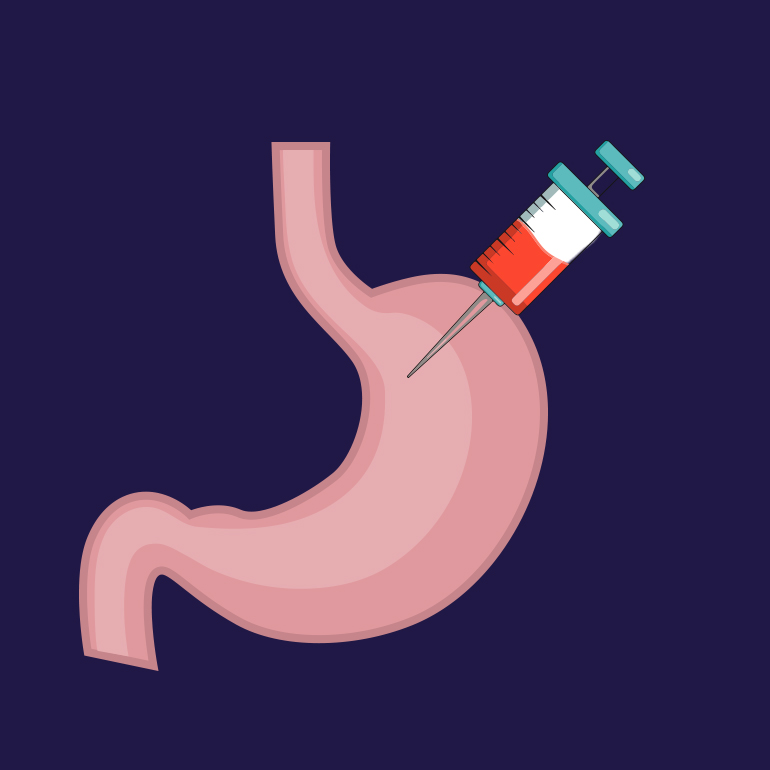




Obesity Treatment
Take the First Step for a Healthy LifeObesity
Obesity is body fat formed as a result of calorie intake more than energy expenditure. The measure used to assess obesity-related health risks is the Body Mass Index (BMI).

Stomach Botox
Botox has been used for many years in the treatment of diseases and for cosmetic results. Stomach botox application is an icreasingly popular weight loss method in recent years.

Stomach Balloon
The balloon is delivered to the stomach by mouth without surgery. The doctor examines the stomach endoscopically. If no abnormalities are seen, the balloon to the mouth and under the esophagus.

Sleeve Gastrectomy
Sleeve Gastrectomy (SG) is removing the larger curved part of the stomach and replacing it with tube stomach.
BMI Calculator
What is BMI?
Body Mass index (BMI) = Body mass index is a parameter that indicates whether an adult person's weight is normal for his or her height.
F.A.Q.
- Experienced and Highly Qualified Medical Professionals: Turkey is known for its experienced and highly qualified medical professionals specializing in obesity treatment. The country has skilled bariatric surgeons, endocrinologists, dietitians, and support staff who are well-versed in the latest techniques and approaches to obesity management.
- Advanced Medical Facilities and Technology: Turkey offers state-of-the-art medical facilities equipped with advanced technology for obesity treatment. The country's hospitals and clinics adhere to international quality standards and provide a safe and comfortable environment for patients undergoing weight loss procedures.
- Comprehensive Approach to Obesity Management: Turkey offers a comprehensive approach to obesity management, combining surgical and non-surgical interventions. From lifestyle modification programs, nutritional counseling, and medical weight management to various bariatric surgery options, patients can receive tailored treatment plans that address their specific needs
- Cost-Effective Treatment: Turkey is known for providing high-quality medical services at competitive prices. Obesity treatments, including bariatric surgery, are often more affordable in Turkey compared to many other countries. Patients can benefit from significant cost savings without compromising on the quality of care they receive.
- Short Waiting Times: One advantage of seeking obesity treatment in Turkey is the relatively short waiting times for consultations, diagnostic tests, and surgeries. The efficient healthcare system allows patients to access timely medical interventions, ensuring a prompt start to their weight loss journey.
- Supportive and Patient-Centered Care: Turkish healthcare providers prioritize patient satisfaction and provide comprehensive support throughout the treatment process. Multilingual staff members assist international patients with language translation, travel arrangements, and accommodation, ensuring a smooth and comfortable experience.
- Cultural Richness and Hospitality: Combining medical treatment with the rich cultural experience of Turkey can make the journey more enjoyable. Patients can explore the country's historical sites, natural landscapes, and vibrant cities while receiving top-quality obesity treatment. Turkish hospitality is renowned, making patients feel welcomed and cared for during their stay.
- It's important to research and choose a reputable medical facility or obesity specialist in Turkey. Reading patient reviews, consulting with healthcare professionals, and ensuring the necessary accreditations and certifications will help ensure a safe and successful obesity treatment experience.
